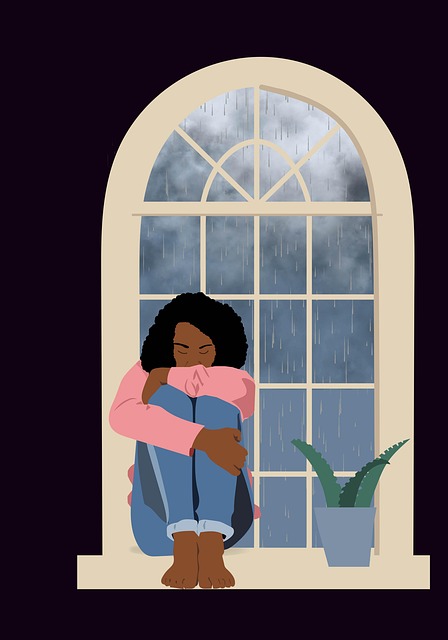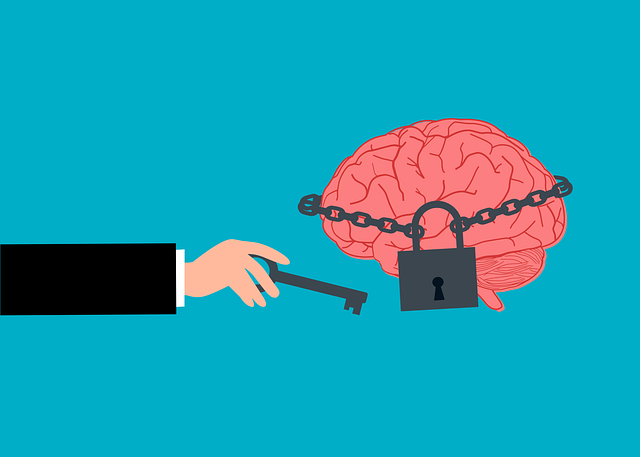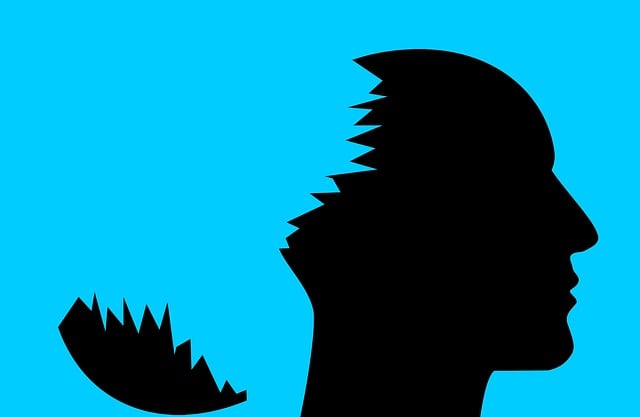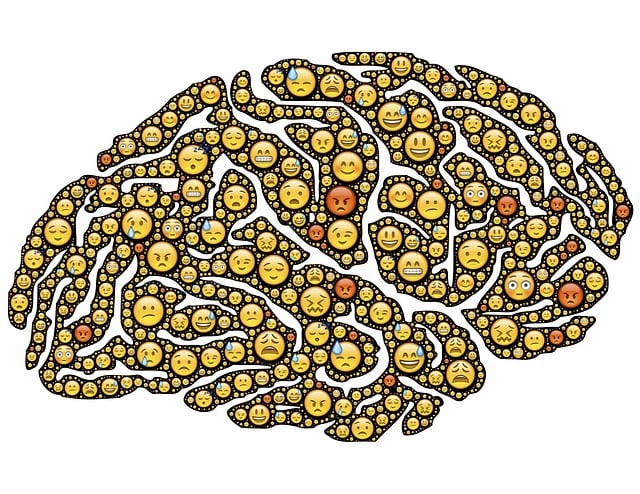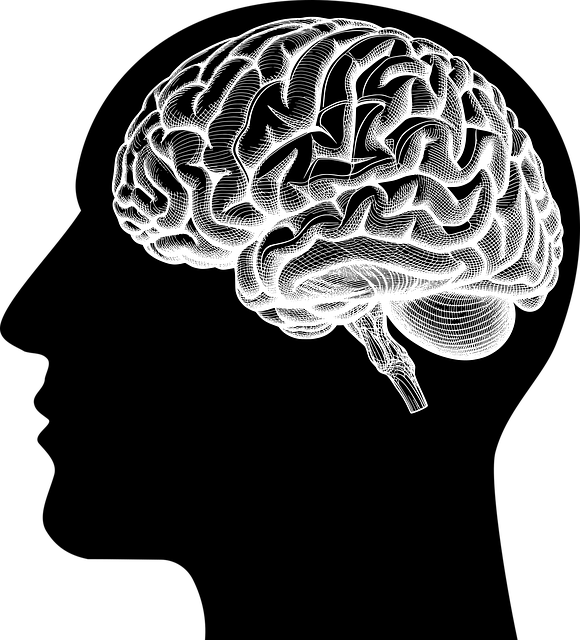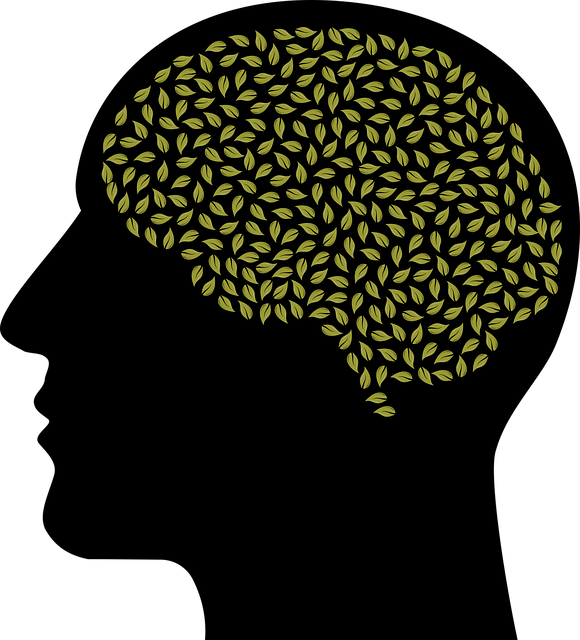Cultural sensitivity in mental healthcare is vital for treating conditions like Arvada Panic Disorder and Anxiety Attacks, requiring professionals to overcome biases and understand diverse cultural needs. By integrating tailored compassion cultivation, wellness journaling, mindfulness meditation, and specialized training, therapists can create inclusive environments, enhance patient care, reduce burnout, and promote equitable mental health policies. Accessing effective therapy in Arvada for these disorders is hindered by cultural barriers, which can be addressed through self-awareness exercises, mental health education programs, and empathy building training for practitioners.
Cultural sensitivity is a cornerstone in modern mental healthcare, especially when addressing conditions like Arvada Panic Disorder and Anxiety Attacks. This article explores the nuanced landscape of cultural competence, delving into its impact on diagnosis and treatment. We examine how biases influence care and propose strategies to foster culturally sensitive practices for diverse patients. Additionally, we discuss enhancing access to therapy for underrepresented communities, emphasizing the importance of inclusive mental healthcare solutions for Arvada Panic Disorder and Anxiety Attacks.
- Understanding Cultural Sensitivity in Mental Healthcare
- The Impact of Cultural Biases on Diagnosis and Treatment
- Strategies for Culturally Competent Practice with Arvada Panic Disorder and Anxiety Attacks
- Enhancing Access to Care: A Focus on Diverse Communities
Understanding Cultural Sensitivity in Mental Healthcare

Understanding Cultural Sensitivity in Mental Healthcare is a vital step towards effective treatment for all individuals, including those experiencing Arvada Panic Disorder and Anxiety Attacks. It involves recognizing and respecting the diverse cultural backgrounds, beliefs, and values of clients, ensuring their mental health journey is inclusive and supportive. In today’s diverse society, mental healthcare professionals must be equipped to navigate complex cultural landscapes, understanding that a one-size-fits-all approach rarely yields positive outcomes.
Cultural sensitivity requires professionals to go beyond language translation and embrace a deeper comprehension of different cultures’ coping mechanisms, traditional healing practices, and perceptions of mental illness. For instance, some communities may prioritize family involvement in therapy, while others prefer individual sessions. By integrating compassion cultivation practices and mental wellness journaling exercises tailored to these cultural nuances, therapists can foster a safe space for clients to explore their experiences, develop effective coping skills, and enhance their overall well-being.
The Impact of Cultural Biases on Diagnosis and Treatment

Cultural biases among mental healthcare providers can significantly impact diagnosis and treatment plans, potentially leading to misinformed decisions. These biases, often unconsciously influenced by societal norms and stereotypes, may cause professionals to overlook or misinterpret symptoms, especially in diverse patient populations. For instance, an individual from a different cultural background might express anxiety differently than those from the majority culture. What one person perceives as signs of anxiety, another might attribute to cultural practices or beliefs, leading to delayed or incorrect diagnoses like Arvada Panic Disorder and Anxiety Attacks.
This is where robust risk management planning for mental health professionals becomes crucial. Such plans should include ongoing training on cultural sensitivity, encouraging self-reflection, and fostering a safe environment for discussing biases. By addressing these issues, healthcare providers can enhance patient care, reduce potential burnout (a significant concern in the field), and advocate for equitable mental health policies through a nuanced understanding of diverse communities’ unique needs, including those dealing with anxiety disorders.
Strategies for Culturally Competent Practice with Arvada Panic Disorder and Anxiety Attacks

Treating Arvada Panic Disorder and Anxiety Attacks requires a culturally sensitive approach to ensure effective therapy. Healthcare providers should begin by actively listening to patients’ unique cultural narratives, understanding their beliefs about mental health, and incorporating their perspectives into treatment plans. This involves open dialogue about symptoms, triggers, and coping mechanisms, allowing individuals to express themselves freely and comfortably.
Mindfulness Meditation, as a component of compassion cultivation practices, can be particularly beneficial for Arvada Panic Disorder patients. This technique encourages present-moment awareness and non-judgmental observation of thoughts and feelings, which can help individuals manage anxiety and panic attacks. Healthcare Provider Cultural Competency Training is crucial in equipping professionals with the skills to adapt their approaches, demonstrating empathy, and delivering tailored care that respects diverse cultural needs and backgrounds.
Enhancing Access to Care: A Focus on Diverse Communities

In many communities, access to mental healthcare remains limited, particularly for diverse populations facing unique challenges. For instance, consider the experiences of individuals in Arvada struggling with panic disorder and anxiety attacks who may face cultural barriers to seeking therapy. These barriers can stem from a lack of culturally competent practitioners or services that resonate with their specific backgrounds and beliefs. Enhancing access involves not just providing more resources but ensuring they are tailored to diverse needs.
One effective strategy is integrating Self-Awareness Exercises and Mental Health Education Programs Design that respect and incorporate cultural traditions. Building empathy through training can significantly improve the quality of care, encouraging practitioners to adopt Empathy Building Strategies. This approach fosters trust, making it easier for individuals from various communities, including those dealing with anxiety disorders, to access the support they need, ultimately improving mental health outcomes.
Cultural sensitivity is a cornerstone of effective mental healthcare, particularly in addressing issues like Arvada Panic Disorder and Anxiety Attacks. By recognizing and overcoming cultural biases, therapists can provide more accurate diagnoses and tailored treatments. Strategies for culturally competent practice, as discussed, offer a roadmap to enhancing access to care for diverse communities. Embracing these principles ensures that everyone receives the supportive and accessible therapy they need, fostering better mental health outcomes for all.






